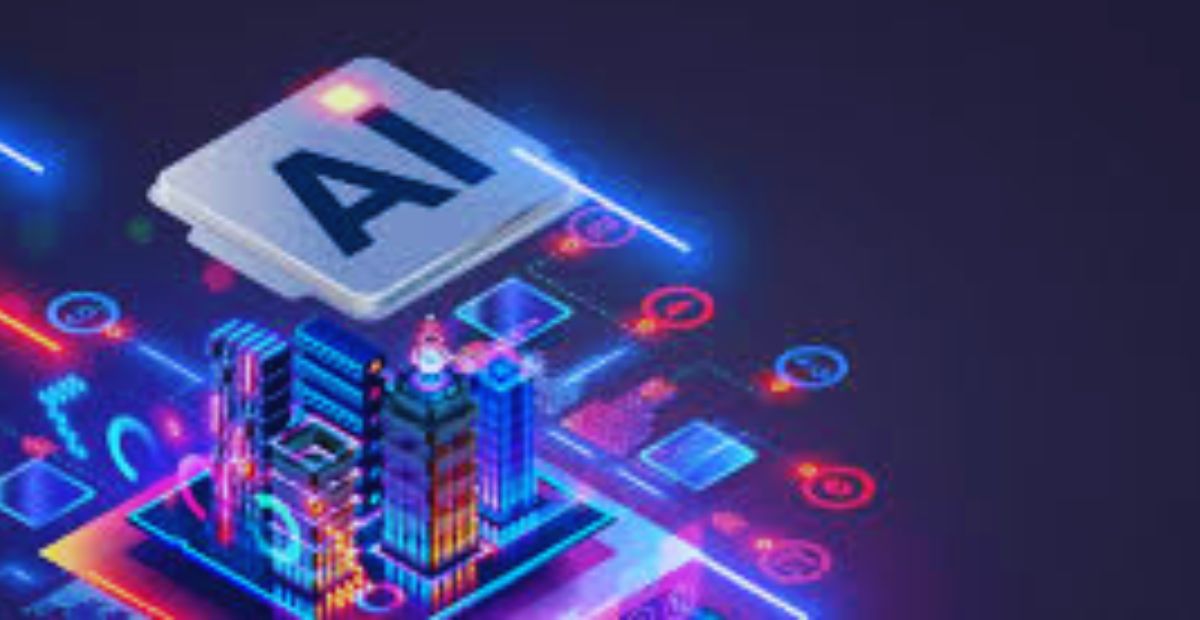In 2025, Artificial Intelligence (AI) has moved beyond being just a buzzword or futuristic concept. It has become an integral part of our daily lives, quietly enhancing the functionality, speed, and intelligence of everyday applications. From personal productivity tools to entertainment and finance apps, AI is making user experiences smoother, more personalized, and remarkably efficient.
Personalized User Experiences
One of the most transformative impacts of AI is in personalization. Applications in 2025 can now predict user preferences with astonishing accuracy. Streaming platforms like Netflix and Spotify don’t just recommend based on past behavior—they adapt in real time, adjusting suggestions based on your mood, time of day, and even weather. Social media platforms use AI to curate feeds that align with users’ interests and filter out irrelevant or harmful content.
Shopping apps also benefit from AI-powered personalization. With advanced recommendation engines, users are shown products tailored to their tastes, shopping history, and even regional trends. This not only boosts user satisfaction but also increases sales conversions for businesses.
Smarter Virtual Assistants
Virtual assistants like Siri, Google Assistant, and Alexa have evolved significantly. In 2025, they are no longer limited to basic tasks. These AI companions now understand context, detect emotional tone, and carry out multi-step commands with ease. Whether you’re scheduling appointments, composing emails, or ordering groceries, these assistants streamline tasks with a human-like understanding of intent and nuance.
Moreover, AI assistants are now integrated into a broader range of apps—from fitness trackers giving motivational feedback to finance apps offering spending advice based on user behavior patterns.
Enhanced Productivity Tools
AI has significantly boosted productivity apps by automating routine tasks and optimizing workflows. Email clients like Gmail use AI to compose replies, summarize long threads, and prioritize important messages. Calendar apps can now schedule meetings based on availability, suggest optimal meeting times, and even detect potential scheduling conflicts.
In document editors, AI helps with grammar correction, tone adjustment, content summarization, and translation in real time. This enables users to communicate more effectively and work more efficiently, regardless of language barriers or writing skills.
Healthcare and Wellness Apps
AI has found a valuable role in healthcare and wellness applications. Fitness apps analyze physical activity patterns and generate personalized workout and diet plans. Mental health apps use AI to detect stress or anxiety through text input and voice tone, offering meditation guidance or connecting users with professionals when needed.
Wearable technology, paired with AI, alerts users to irregular heart rates, sleep disruptions, or signs of chronic illness, enabling earlier detection and proactive health management.
Financial Intelligence and Budgeting
In 2025, AI plays a key role in financial applications. Banking apps offer real-time fraud detection, spending analysis, and budget planning using AI-driven insights. Users receive smart alerts when they’re nearing budget limits or when suspicious activity is detected. Investment apps also use machine learning algorithms to forecast trends and recommend personalized portfolio strategies.
Voice-activated AI bots now handle customer service requests with minimal wait times, providing users with seamless access to banking services 24/7.
Real-Time Language Translation
Language barriers are rapidly dissolving thanks to AI-powered translation apps. In real time, these tools translate voice and text, making global communication faster and easier. Whether you’re traveling, attending international meetings, or learning a new language, AI ensures that communication is accurate and context-aware.
Security and Privacy
AI doesn’t just improve functionality—it also strengthens security. Face recognition, fingerprint authentication, and behavioral biometrics have all become smarter through AI. Apps can now detect unusual user behavior patterns and flag potential breaches. AI models are also being used to continuously monitor and patch vulnerabilities in software, creating a more secure digital environment.
Conclusion
As we move deeper into 2025, AI continues to reshape the digital landscape, making everyday apps smarter, faster, and more intuitive. From simplifying daily routines to enhancing personal well-being and security, AI has become a trusted companion in our digital lives. This revolution is not just about smarter technology—it’s about creating more meaningful, personalized, and seamless user experiences for everyone. The future of everyday applications is here, and it is undeniably powered by AI.
